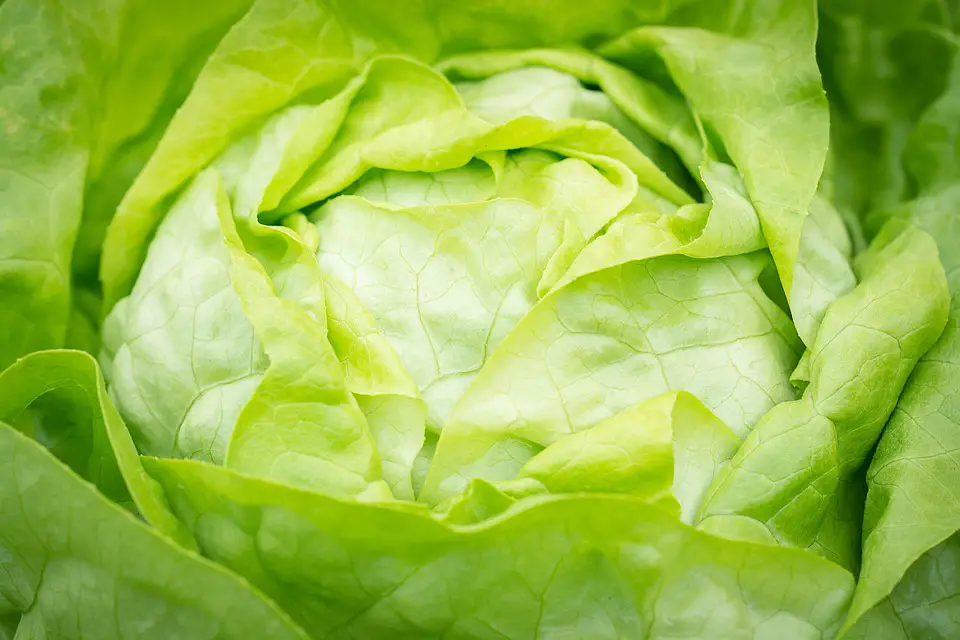Introduction
Soil, a valuable natural resource that is often overlooked, plays a critical role in food security.
Healthy soil is the foundation of successful agriculture, providing essential nutrients, moisture retention, and support for plant growth.
However, as human activities and industrialization continue to degrade soil quality, it becomes imperative that we understand the importance of soil care and its significant impact on food production and global food security.
The Importance of Soil Care
Healthy soil serves as a reservoir for essential nutrients that plants require for growth.
These nutrients, including nitrogen, phosphorus, and potassium, are vital for plant functioning and development.
By implementing sustainable soil care practices such as organic fertilization, cover cropping, and crop rotation, farmers can improve soil health, enriching it with organic matter and essential nutrients.
Furthermore, healthy soil has the ability to retain moisture, reducing the need for excessive irrigation.
Adequate water retention allows crops to survive during periods of drought, ensuring consistent harvests and preventing crop failure.
By maintaining healthy soil moisture levels, farmers can mitigate the impact of climate change and create more resilient agricultural systems.
Enhancing Soil Biodiversity
Soil is teeming with an intricate web of microorganisms, fungi, and earthworms that contribute to its fertility.
These organisms perform vital functions such as nutrient cycling, decomposition of organic matter, and controlling pests and diseases.
In order to foster healthy soil ecosystems, farmers must avoid using excessive synthetic fertilizers and pesticides that can harm beneficial soil organisms.
By promoting soil biodiversity through practices like crop diversification, reduced tillage, and organic farming methods, farmers can create a balanced ecosystem where beneficial organisms thrive.
This enhances the resilience and productivity of the soil and minimizes the dependence on synthetic inputs for pest and disease control.
Preventing Soil Erosion
Soil erosion, the removal of topsoil through natural processes or human activities, poses a significant threat to food security.
Eroded soils lose their fertility, become less productive, and contribute to water pollution through sediment runoff.
Implementing erosion control measures such as contour plowing, terracing, and windbreaks can help prevent soil erosion.
Additionally, practices like agroforestry, which combines tree cultivation and agricultural crops, can help stabilize soil and prevent erosion.
Trees act as windbreaks, reducing wind erosion, and their root systems help bind the soil, preventing erosion by water.
Conclusion
As the global population continues to grow, ensuring food security becomes a vital challenge.
The power of healthy soil cannot be underestimated.
By prioritizing soil care and implementing sustainable agricultural practices, we can protect and enhance soil health, increase food production, and mitigate the negative impacts of climate change on agriculture.
By recognizing the significance of healthy soil, we can secure the future of our food systems and pave the way for a sustainable and resilient agricultural sector.
FAQs
1. How does soil care contribute to food security?
Soil care practices such as organic fertilization, cover cropping, and crop rotation improve soil health, nutrient availability, and moisture retention, resulting in increased food production and greater food security.
2. Why is soil biodiversity important for agriculture?
Soil biodiversity plays a crucial role in nutrient cycling, pest and disease control, and organic matter decomposition.
By promoting soil biodiversity through sustainable farming practices, farmers can enhance soil fertility and reduce reliance on synthetic inputs.
3. What are some effective erosion control measures?
Erosion control measures include contour plowing, terracing, windbreaks, and agroforestry.
These practices help prevent soil erosion, protect topsoil, and maintain soil productivity.





